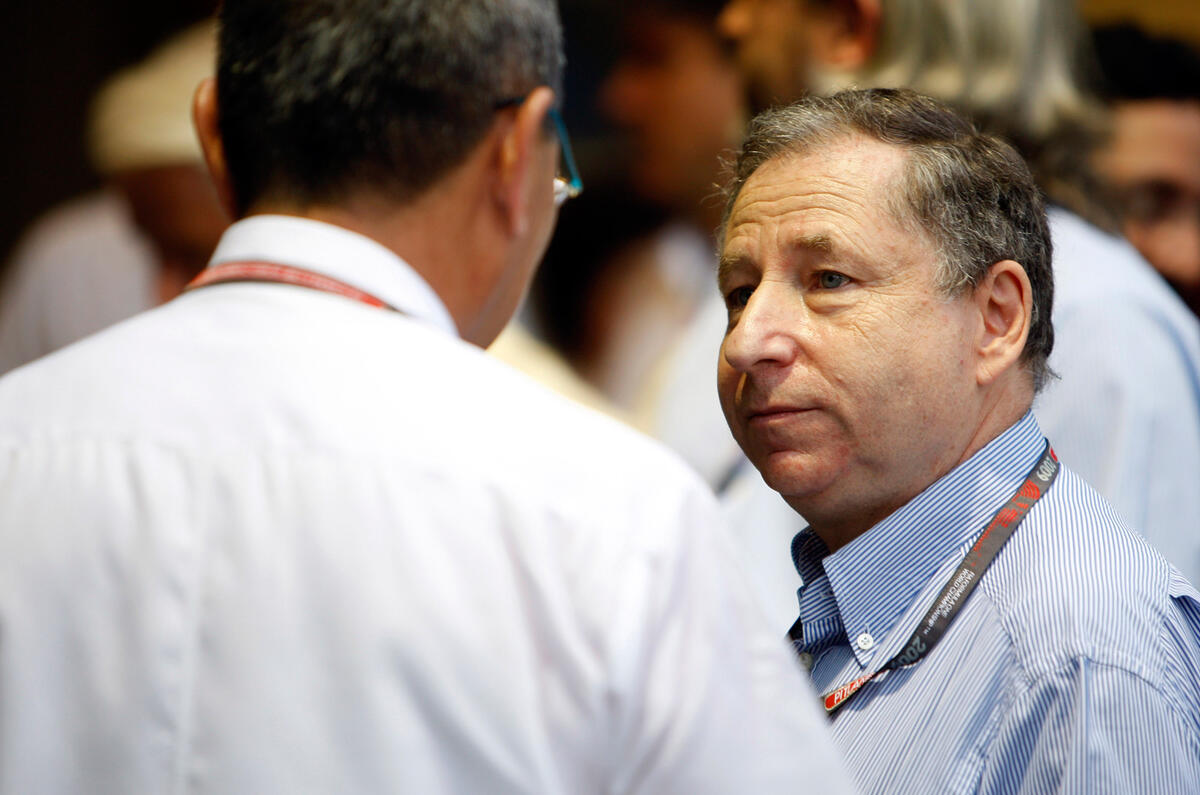It is the quiet period of the motorsport year, before the first big events, although the Formula 1 factories across Europe are buzzing with activity as the teams prepare the 2013 cars for the start of testing, now less than a month away.
The major activity at the moment is the Dakar Rally, which began in Lima, Peru on 2 January and will finish in Santiago, Chile, on 20 January. The teams that get to the finish will have covered 5,600 of extreme desert and mountain terrain.
The Dakar dates back to 1978 when it began as an off-road race from Paris to Dakar, in Senegal, across the Sahara Desert. Since the 2008 event had to be cancelled because of marauding bands of al-Qaeda terrorists in Mauritania, the race switched to South America, where the terrain is just as challenging, but where there are fewer political problems. The Africans would like the Dakar to return, but with their region ever-more unstable, that is not at all likely.
The Dakar is still big business and is run by the Amaury Sport Organisation (ASO), which also organises the Tour de France cycle race, the Paris Marathon and a string of other sporting events, in addition to owning the French daily sports newspaper L’Equipe.
I have not covered the Dakar in South America, but back in 1989 I did go on one of the races in Africa, in fact it was there that I first met FIA President Jean Todt, who at the time was running the Peugeot rally raid team. Our paths first crossed in the town of Agadez in northern Niger, but a few days later we fell out when the rally reached the town of Gao, on the banks of the great Niger river.
There were six days to go before the rally was due to arrive in Dakar and, out in the desert, Jean’s drivers Jacky Ickx and Ari Vatanen had been fighting each other hard to gain an upper hand. Vatanen had rolled his Peugeot 405 just before Gao and for Todt this was a warning signal that he could not ignore. And so he tossed an old 10 franc piece into the air: heads would mean victory for Vatanen; tails would give the win to Ickx.
Vatanen (who would later to lose to Todt in the FIA Presidential election) won the toss.
It was, in all ways, an unsatisfactory way to settle the last true motor sporting adventure, and it left a very bitter taste in the mouth. Vatanen and Ickx stopped fighting and it became rather embarrassing on the penultimate day when Vatanen took a wrong turning and Ickx found himself with an accidental lead of 20 seconds, but he gracefully stopped short of the finish line on the last day, allowing Ari to win.
We still do not agree on that decision and I did not much like his tactics of favouring Michael Schumacher at Ferrari, but over the years I have gained a great deal of respect for Jean. To understand him you need to appreciate that he handles each new job differently. His goal at Peugeot and Ferrari was to do what was best for his employer.
Today his FIA job is to do the best for the sport, and I think he has done a quiet but very decent job in difficult circumstances. The one thing we do not agree on was the decision to allow F1 to go to Bahrain last year. While the actual level of trouble in Bahrain was wildly over-exaggerated by the mainstream media, the world thought that it was a war zone. I argued that in the modern world perception is reality, whether we like it or not.



Join the debate
Add your comment
The Bahrain decision was obvious.
Big money in sport leaves no room for moral decisions to be made, and the idea that anyone involved in Formula One might concern themselves with anything as peripheral as human rights is to say the least fanciful. It's not as if the protesters were sponsors, after all - or even spectators, and goodness knows the latter are shown little enough respect these days. Listening to a few pundits at the time who seemed to think the race maybe ought to be cancelled - to prevent anyone involved in the circus being hurt, that is, rather than because the regime is despotic and ugly - I struggled to think of a sport more out of touch with the real world than Formula One.